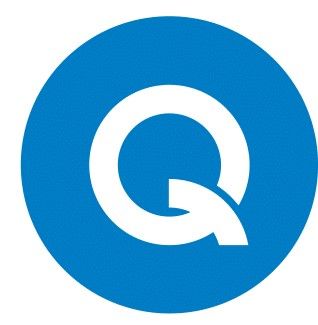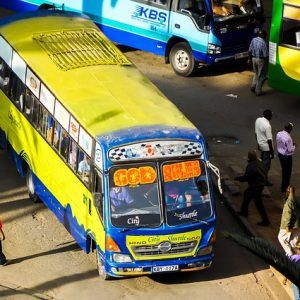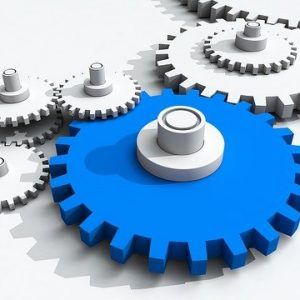By Kirop Kiptoo
The greatest impediment plaguing our nation now is gross government incompetence that has fueled corruption, bred nepotism, and upheld poverty. Either our systems of evaluating merit have been completely side-lined, or that those systems are dysfunctional. Unfortunately, the government is still the largest socio-economic player in the country. Making it operate more efficiently will go a long way in transforming the social-economic landscape of this country. The primary goal of this essay is to investigate why incompetence is the status quo in the Kenyan government and how we can utilize our education system to offer practical solutions.
Taking a real shot at the Kenyan problem requires an honest evaluation of ourselves as a people, a country, and members of the global economy. How did we get here? What legacy system did Kenya inherit at its birth, and why is incompetence its status quo?
Why are Kenyan intellectuals inherently side-lined when it comes to national matters? How come politics, a career path that has been known historically to attract the base elements of society and appeals to man’s worst instincts, is the most profitable in Kenya, beating the arts and industry? Your guess is probably as good as mine. At birth, Kenya inherited a fundamentally flawed colonial legacy system whose founding principles optimized the exploitation of Kenya and Kenyans for the benefit of imperialism.
Unfortunately, we have done very little to change that foundational framework. At independence, we loudly proclaimed that ignorance, poverty, and disease were Kenya's grand challenges. Almost 60 years later, most Kenyans are still poor, very few are capable of critical thinking, and our healthcare system is mediocre at best. This is not to blame our problems on our tragic history. Still, it is important to state where we began as a country clearly: Kenya is the product of colonial imperialism. Acknowledging this fact will enable us to develop a visionary framework that can beat what was handed over to us by Britain in 1963. At the core of this new framework is using our most competent and informed people in leadership instead of systematically side-lining them as we have done since independence.
As president, I’ll implement the following policies to revitalize our education system robustly and create a direct link between the school system and government service.
First, I’ll create strong incentives for young people to pursue education by genuinely rewarding graduates. I’ll start by implementing a policy that guarantees that the top 10,000 graduates from public universities are directly absorbed into government roles across ministries and parastatals every year. Additionally, every year, the top 1000 students from high school will be given a chance to do a one-year internship in government before commencing their university education. This will ensure that our young people get an actual head start in governance and develop the more profound understanding needed to better align their academic pursuits with the country's problems.
Further, with youth unemployment obscenely high now, this policy would alleviate the situation by rewarding hard-working students with well-paying government jobs and reviving genuine competition based on merit across Kenyan schools. According to the latest national census, 75% of Kenyans are below 30 years, and I think our workforce must start to reflect this proportion genuinely. Therefore, systematically absorbing top students into government – the single largest employer in our country, is something we ought to be doing already.
Secondly, I’ll allocate immense resources to public universities and technical institutions to fund academic research in technology, science, and the arts. I do not think any country will be able to make any real progress without tapping into the minds of its best people through academic research. My government will fund the development of world-class labs and research facilities across top institutions in Kenya. I’ll put money into hiring leading professors from established research institutions globally to collaborate with our local experts to accelerate the pace of our technological advancement via academic research. This will further create valuable job opportunities for bright Kenyans while at the same time allowing us to develop the human capital required to solve our problems as a country. To actively participate in the global economy, we will need our institutions of higher learning to thrive and lead the way.
Finally, I’ll put resources into increasing the robustness of our information infrastructure to speed up the pace of the ongoing digital revolution in Kenya. To achieve this, I’ll ensure that every school, and public institution for that matter, is connected to reliable internet. Besides roads, electricity, and water infrastructure, it is about time we start counting internet access as a fundamental basic need in Kenya – access to information is too important not to be prioritized.
Additionally, every public school should have a well-equipped digital library (computer rooms). Integrating computers and a reliable information infrastructure into our academic system will ensure that young Kenyans from an early age get equipped with the necessary technical skills needed to thrive in the 21st-century world.
In the end, it is all about designing a better incentive structure in the country that rewards hard work, competence, and knowing. I firmly believe that Kenya will prosper if her most qualified people are prioritized for service and leadership. Using a functional education system, we can reap the benefits of modern academic research, put bright students to work, and increase our people's overall level of consciousness.
***
Kirop Kiptoo is an engineering graduate currently working in Nairobi. He is keen on evaluating and solving problems. He enjoys reading books, and writing is a new hobby that he recently adopted.




